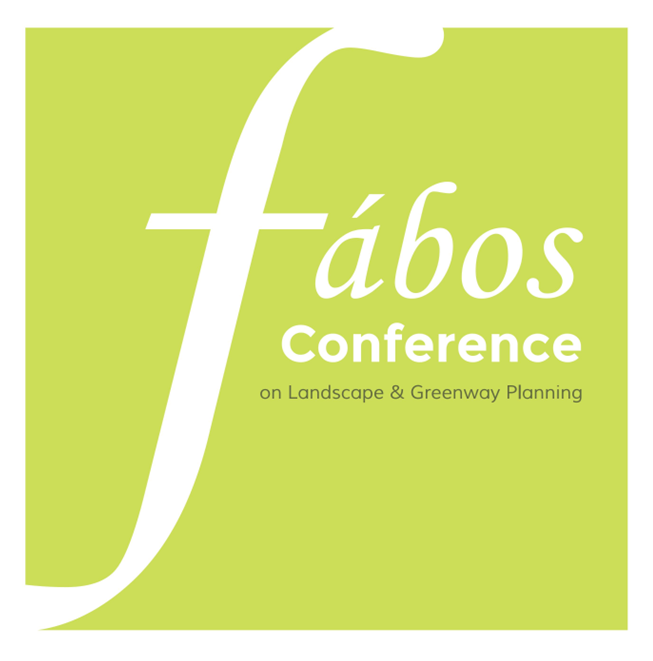BioSTEAD Initiative: A Transdisciplinary Initiative to Construct Safe-to- Fail Green Buildings as Sustainable Development Research Sites on University Campuses
- Jose LaSalle (University of Massachusetts Amherst, Department of Electrical and Computer Engineering)
- Ezra Marcus (University of Massachusetts Amherst, Landscape Architecture and Regional Planning Department)
- Josh Nolan (University of Massachusetts Amherst, Department of Landscape Architecture and Regional Planning)
- Yamaan Ziade (University of Massachusetts Amherst, College of Information and Computer Science)
- Brandon Curtin (University of Massachusetts Amherst, Stockbridge School of Agriculture)
Abstract
Mutually arising with the continuing shift in control over resources, markets and technology to transnational corporations is the need to cultivate a global system of localized economies that root economic power and environmental responsibility in self-reliant people and communities (Korten, 1996). Adopting the modus operandi of centralization has effected a myriad of issues, including: peak oil, peak water, food insecurity and an impending food crisis, a deteriorating single-purpose infrastructure, economic instability and ecological devastation (Ahern, 2014, p. 2; Korten, 1996; Gunders, 2012, p.1; Hellwinckel & Ugarte, 2009; McLennan, 2006, p. 9). For instance, in the process of farmto- fork, the modern industrial agricultural system “eats up 10 percent of the U.S. energy budget, uses 50 percent of U.S. land, and swallows 80 percent of all freshwater consumed in the United States” (Gunders, 2012, p.1). Even still, 40 percent of food in the United States is wasted while one in seven Americans experience food insecurity (Coleman, 2014). This accounts for the equivalent of $165 billion wasted each year and the single largest contribution to U.S. municipal solid waste and methane emissions at the landfill. In response to these issues, the BioSTEAD Initiative addresses “the need to organize human habitats in ways that support the right of all people to a place in society and on earth with access to the resources required to create a secure and fulfilling life for themselves, at peace with their neighbors, and in balance with the earth’s natural systems” (Korten, 1996). Stead is defined as both (1) a place or locality and, as a transitive verb, (2) to be of service. In this regard, BioSTEAD is a living edifice serving as a safe-to-fail research site for Sustainable Technology, Environmental and Agricultural Development. The core purpose of this initiative is to develop an open-source process for educational institutions around the world to implement climate-specific green building research sites, and to provide an academic environment for sustainable development experimentation and education, thereby serving as a model for locally-adapted regenerative practices. Our beginnings are at the University of Massachusetts Amherst; our inspiration is international.
Keywords: biostead, initiative, sustainability, technology, self-reliant, safe-to-fail, resources
How to Cite:
LaSalle, J., Marcus, E., Nolan, J., Ziade, Y. & Curtin, B., (2016) “BioSTEAD Initiative: A Transdisciplinary Initiative to Construct Safe-to- Fail Green Buildings as Sustainable Development Research Sites on University Campuses”, Fábos Conference on Landscape and Greenway Planning 5(1). doi: https://doi.org/10.7275/fabos.610
Downloads:
Download PDF
441 Views
122 Downloads
